

‘Thinking with your hands’ levels the playing field for disadvantaged learners in STEM
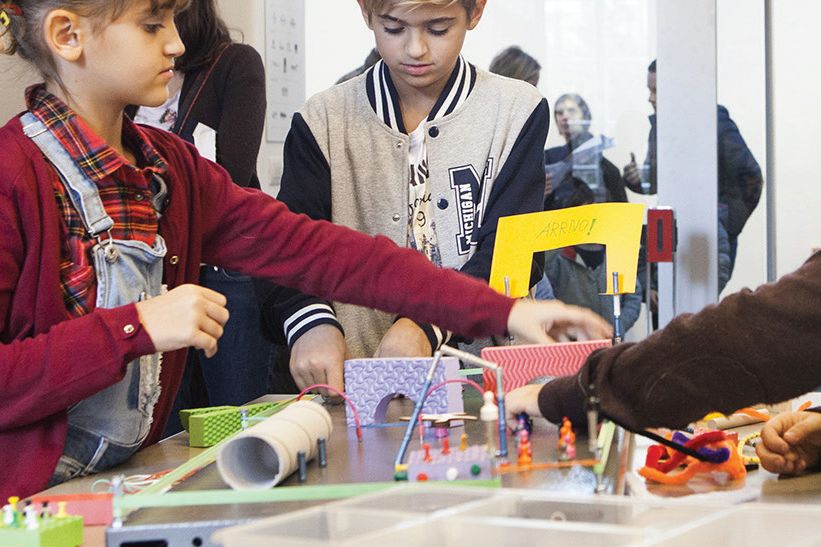
An approach to teaching that encourages learners to ‘think with their hands’ can break down barriers for disadvantaged students who have fewer opportunities to engage with science and maths, according to a new report.
The judgement is one of the main conclusions from the latest phase of a project called Tinkering EU, which is testing the potential of a teaching and learning method called ‘Tinkering’ to help more children and adults engage with STEM subjects (Science, Technology, Engineering and Mathematics).
Tinkering is a learner-centred, hands-on approach to science which emphasises making and doing, and is sometimes characterised as ‘thinking with your hands’. In a typical task, participants will be provided with various materials and a broad goal, but, unlike a formal science practical, how they get there is largely up to them. The idea is to master key scientific concepts by coming up with their own designs, following their own lines of enquiry, and puzzling things out. The teacher acts as a facilitator and guide, helping them to explore different options.
The new evaluation report, co-authored by academics from the Faculty of Education, University of Cambridge, assesses a Tinkering EU programme that ran from 2017 to 2020, in which more than 3,000 students from seven European countries participated in Tinkering workshops at a local museum or science centre.
It focused on pupils who have experienced some form of disadvantage – such as those with a disability, from marginalised communities, or poorer backgrounds – as these learners often have fewer opportunities to engage with science outside of school which can negatively impact their engagement with school science. Teachers consistently reported improved engagement and inclusion among these pupils during the workshops, and the report argues that Tinkering ‘levels the playing field’ in science education for these groups.
These benefits may also apply to adults, and a new phase of the project is now starting which will target adults who feel that science is ‘not for them’, amid widespread concern about a shortage of STEM skills in the European workforce.
Emily Harris, from the Faculty of Education, University of Cambridge, said: “Intuitively, many teachers know this is an effective way to widen participation in STEM subjects, but they don’t always have the evidence to prove it. This evaluation helps to fill the gap: it should help those in science centres, museums and formal teaching settings to make the case for Tinkering in STEM education.”
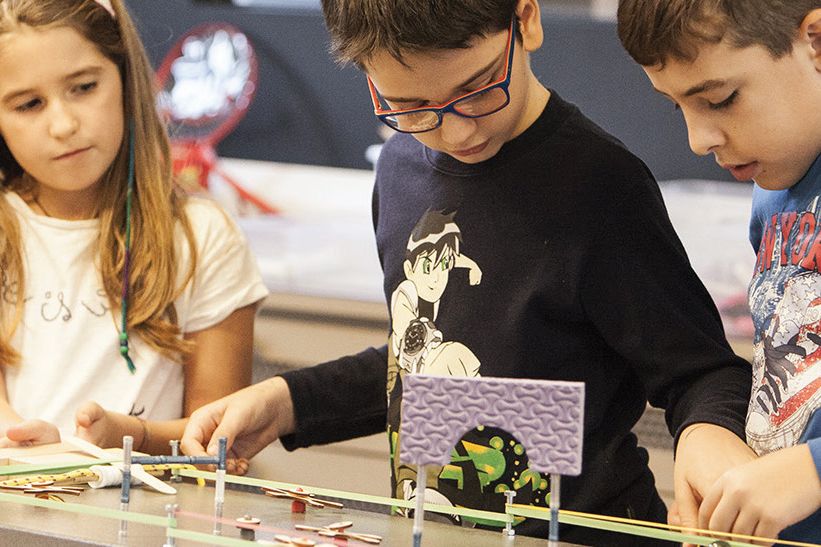
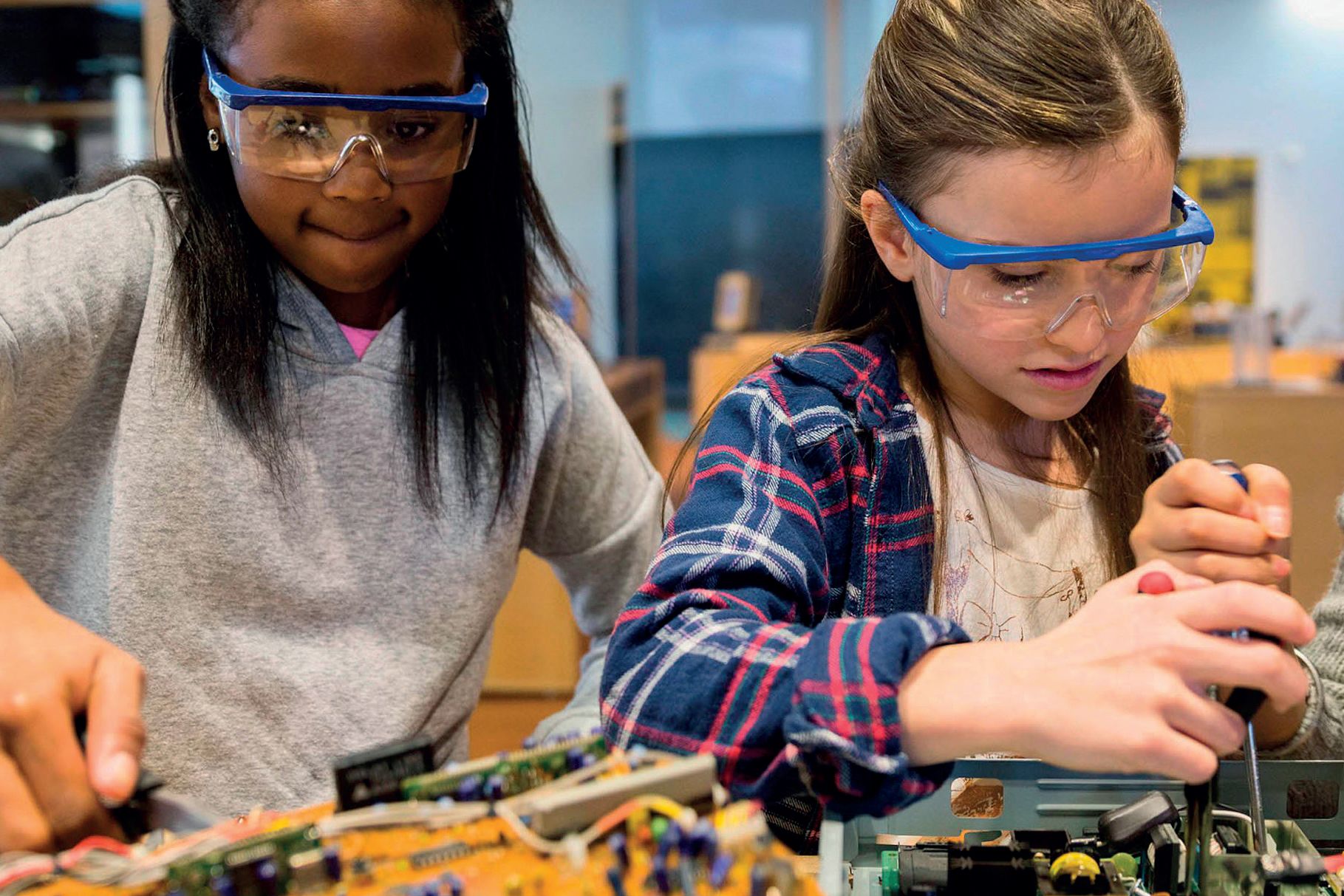
Tinkering EU is trying to build a community of practitioners in Europe, in both formal and informal learning settings, who can create and deliver effective Tinkering sessions.
Europe has a long-recognised STEM skills shortage, and a shortfall in students studying these subjects. In particular, those from marginalised and disadvantaged groups often lack opportunities to engage with or find out about science outside the strictures of the school curriculum.
Tinkering EU’s most recent phase involved informal learning institutions (such as science centres and museums) in the UK, Netherlands, Ireland, Spain, Austria and Greece. These partners recruited teachers from schools with high proportions of disadvantaged pupils and brought them into the science centres to take part in Tinkering workshops. The teachers were supported to observe the impact of Tinkering on pupils’ learning, engagement and development in the workshops. They then provided a more structured set of reflections, which was analysed by the Cambridge team.
Students learnt how to use collaboration to solve problems. The group come from very diverse backgrounds, it was amazing to see students actively engage with each other to overcome problems.
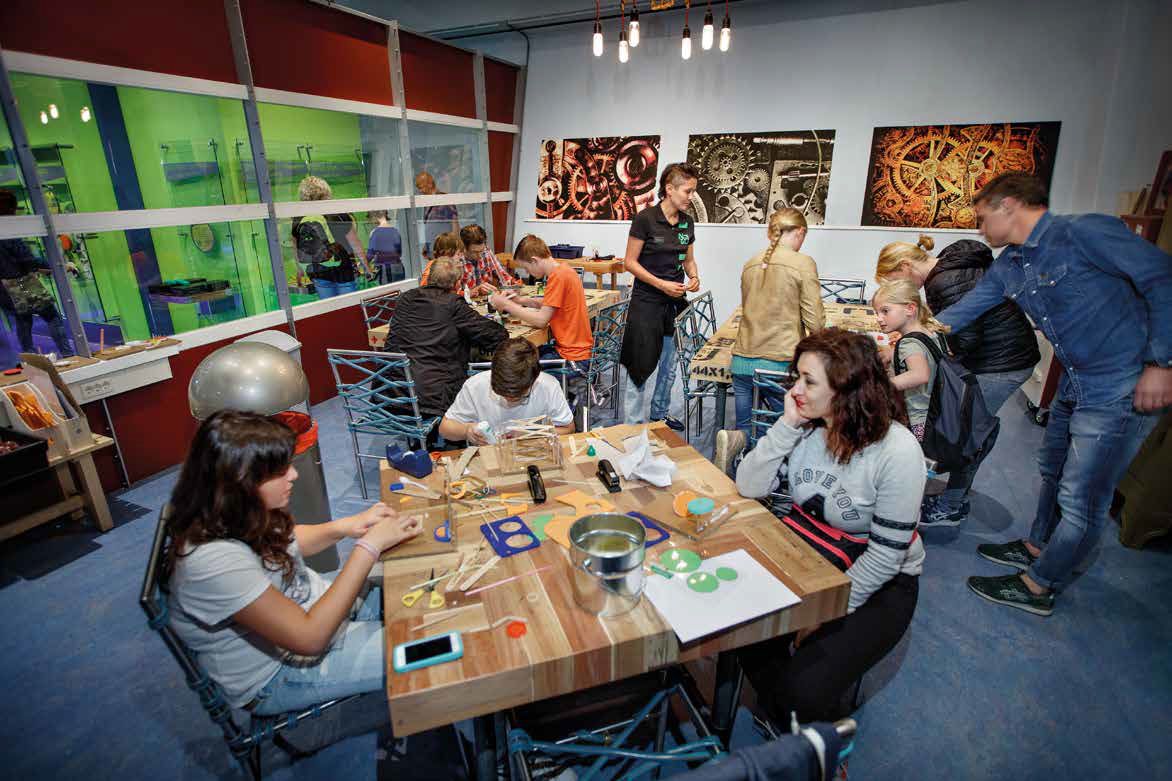
Their responses consistently point to the value of Tinkering as a means of including more students in science activities. 86% of teachers felt that Tinkering was effective in engaging students facing disadvantage, and many commented specifically about the activities’ visible impact on those children’s confidence and self-esteem.
They also commented on how the more open-ended style of learning that Tinkering encourages enabled pupils to make a meaningful contribution to the workshops regardless of their level of experience or skills. And importantly, the reduced language demands of practical, hands-on exercises increased the participation of those with language barriers – such as immigrant pupils – while helping them to strengthen their language skills through greater interaction with their fellow-learners.
Another, less-expected outcome of the project was that many teachers perceived wider implications for classroom practice in general. While a majority expressed an intention to implement Tinkering activities in their schools, 128 also saw ways in which the Tinkering pedagogy could be applied to the wider curriculum: in particular those aspects which involve giving learners time to puzzle things out for themselves, and problem-solve in an iterative fashion.
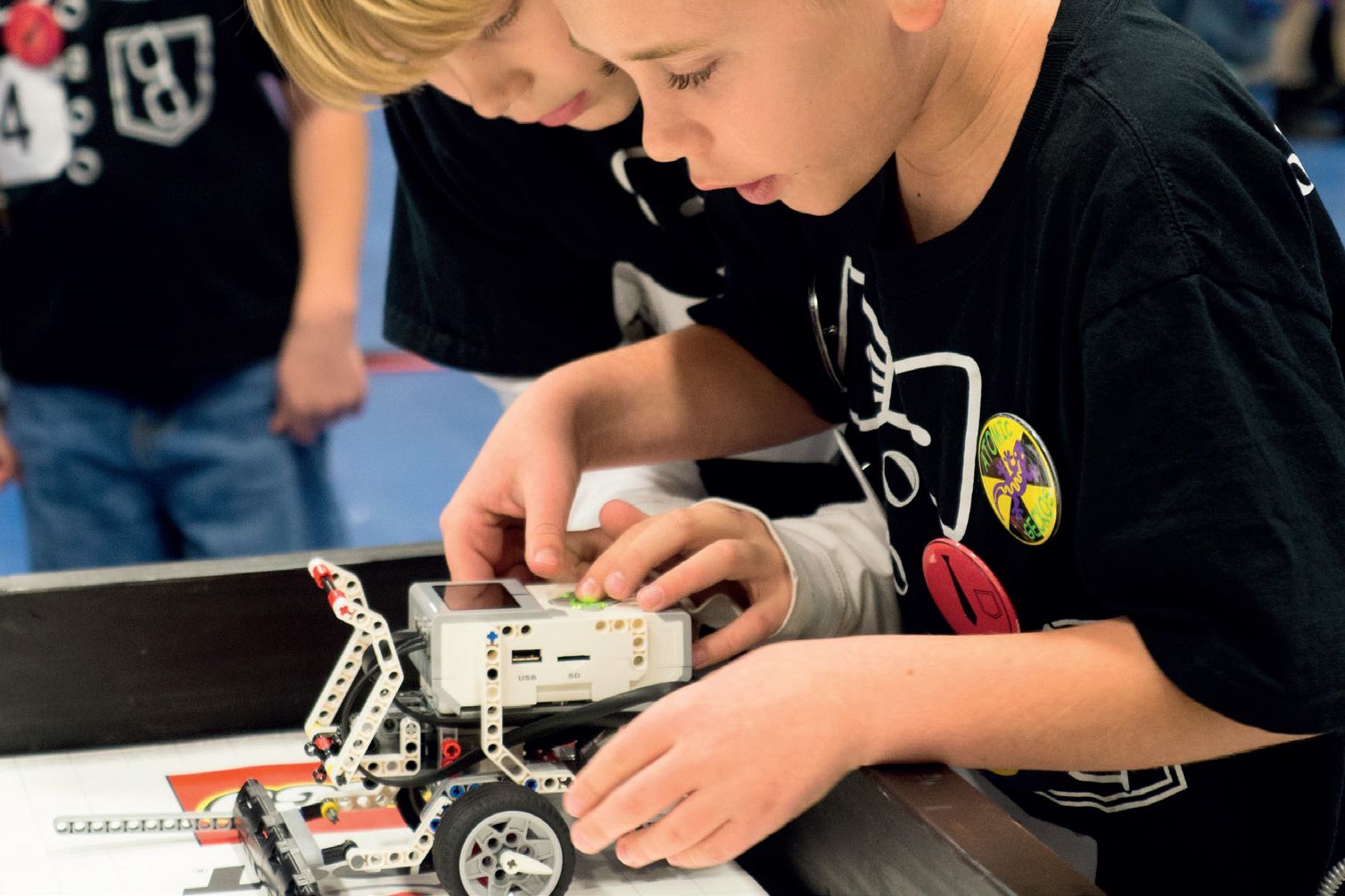
Even pupils with language barriers were able to work without problems and were fully involved; language was needed less because things could be shown or tried out.
The project’s newly-launched third phase, which runs until 2023, will target adult learners – again focusing on those who feel disconnected from STEM disciplines. These partners will collaborate with local community development organisations which work with adults facing social, cultural and economic disadvantage.
The aim is, again, to broaden STEM participation in Europe, address a skills deficit in this area, and strengthen opportunities for lifelong learning. While the EU has set itself a benchmark to involve at least 15% of adults in lifelong learning, the target is only being met in a handful of countries. Participation rates are especially low among groups such as those with disabilities, minorities, migrants and refugees.
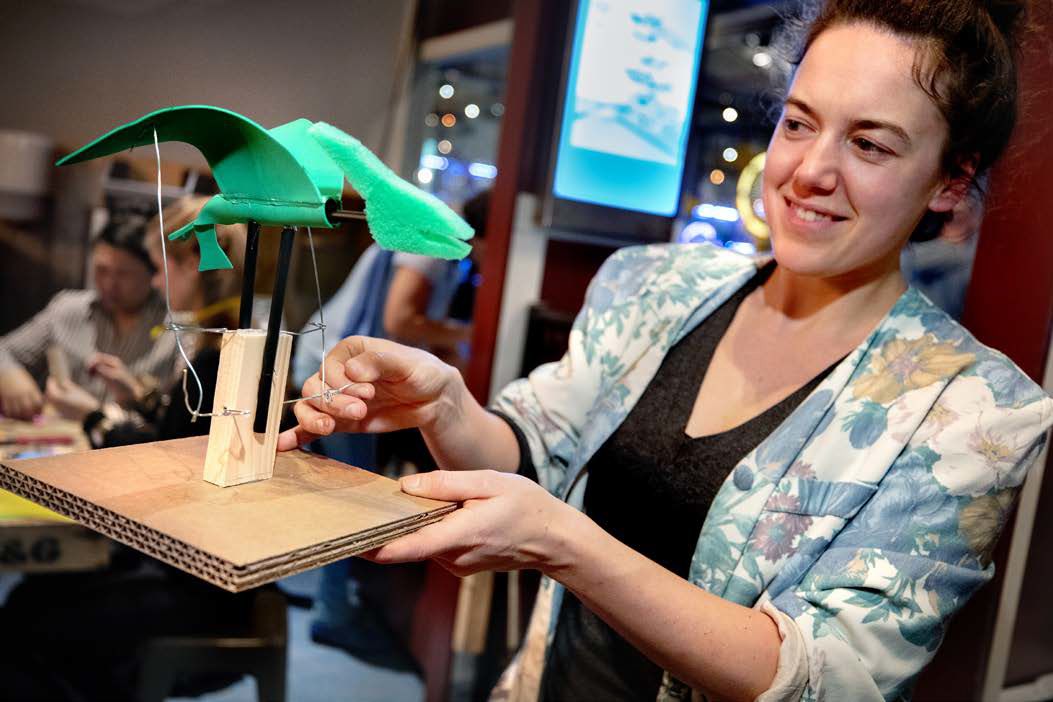
Dr Mark Winterbottom, University Senior Lecturer in Science Education at the Faculty, said: “Our evaluation of the previous phase of Tinkering EU, and the clear impact it had on engaging and involving young people who feel less confident with STEM, gives us reason to believe that this approach could be similarly effective with adults. Our hope is that it will give adult learners who currently feel STEM is somehow not ‘for them’ reason to believe that it is something that they can do, and relevant to their lives.”
Further information about Tinkering EU is available here.